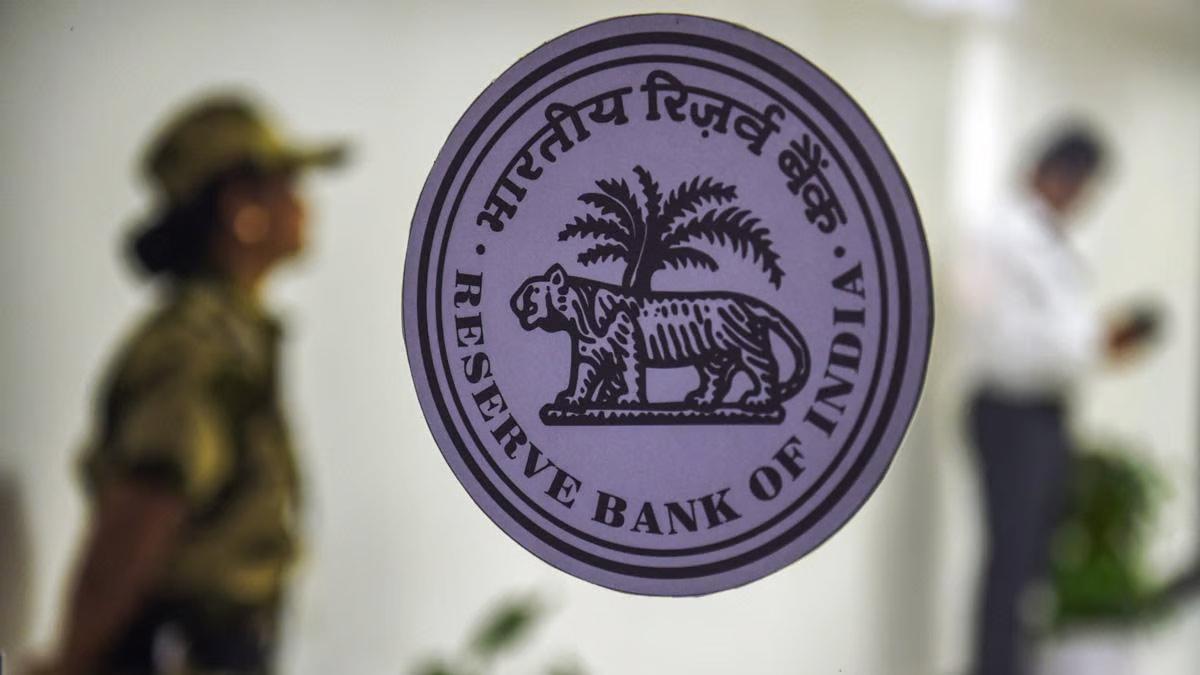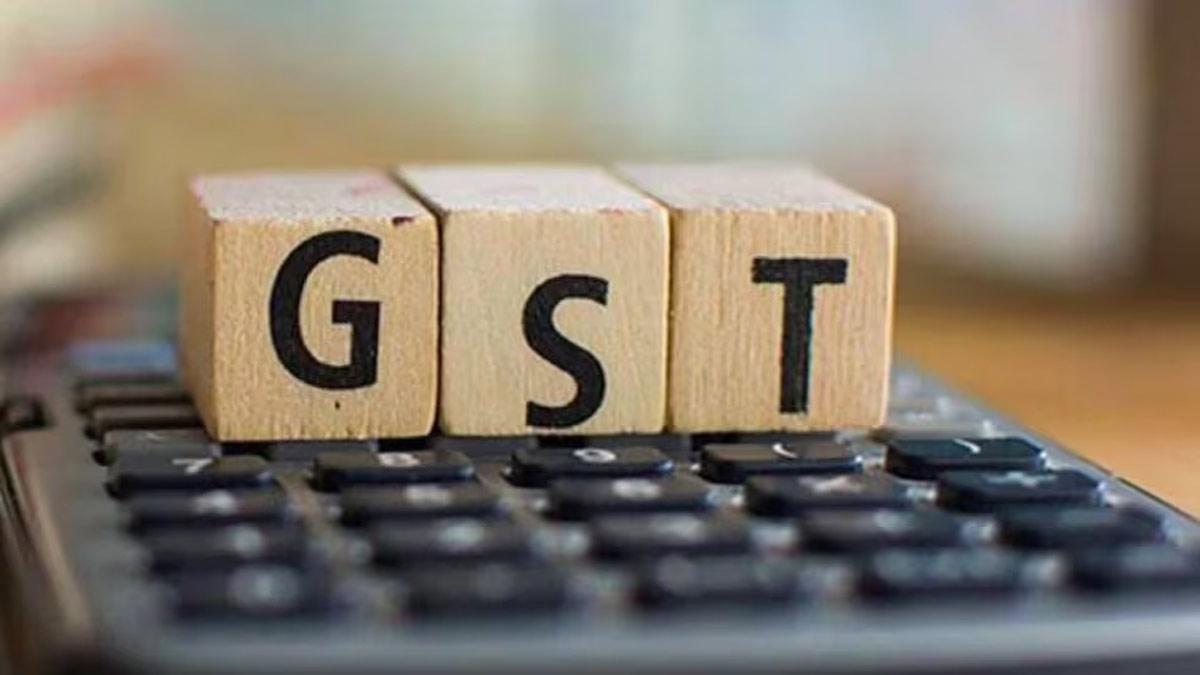Union Health Minister Nirmala Sitharaman is all set to unveil Budget for 2021-22 on February 1 that is expected to have a ripple effect on the outset of the country’s economy. India would hope for a good recovery after taking a huge hit from the COVID crash. But ever since the economy has stepped back, stock markets and corporations are making big moves to revive it as soon as possible. The common man is also looking at the economic progression optimistically. The expectation is for a tax-payer friendly budget after the introduction of two vaccines for Covid-19.
Here is what the common man can expect:
Increase in basic income tax exemption limit and investment limit under section 80C
The basic income tax exemption limit needs to be increased from Rs 2.5 lakh to Rs 5 lakh. The immediate expectation is to reduce the tax burden of taxpayers. The Covid-19 pandemic has affected everyone in some way or the other. Increasing the basic exemption limit will provide tax respite to individuals, increase liquidity, and give a boost to the economy.
Deduction for remote working set-up
Covid-19 pandemic brought about a paradigm shift in work culture. Work-from-home (WFH) has become a necessity. Budget 2021 should introduce measures which would provide certain tax benefits for employees. For example, a standard deduction of Rs 50,000 from gross income could be provided (over and above the existing standard deduction from salary) to allow for expenditure by employees who are working from home on ergonomic chairs/furniture.
Increasing section 80D limit for individuals
With the Covid-19 pandemic hitting hard and medical insurance coverage found to be inadequate for families, the deduction for mediclaim coverage for non-senior citizens should be increased from Rs 25,000 to Rs 50,000 and for senior citizens from Rs 50,000 to Rs 75,000.
Also Read- Union Budget 2021: What does India Inc expect from Finance Minister Nirmala Sitharaman
Long-term capital gains on equity shares and equity mutual funds
Long term capital gains from the sale of listed equity shares and equity mutual funds are tax-exempt up to Rs 1 lakh. Further, the gain above Rs 1 lakh is subjected to tax at 10% (plus applicable surcharge and cess) without the benefit of indexation. The government should look at increasing the exemption limit from Rs 1 lakh to Rs 2 lakhs for retail investors.
Residential status for FY 2020-21
Due to the pandemic, the government had notified exemption of certain days for determining residency for FY 2019-20 for individuals who were stranded in India on account of the lockdown and who could not travel outside India. For FY 2020-21 also, the government should issue the necessary clarification providing relief for stranded individuals on account of the pandemic.
Deduction for conserving the environment
With climate change being inevitable and a hot topic, incentivising use of environment-friendly products such as solar heaters, solar lamps, wind energy, bio-toilets, solar mobile chargers, etc. by individuals and households has also become necessary. Just as the government incentivised purchase of electric vehicles by providing a deduction under section 80EEB of the Act for interest paid up to Rs 1.5 lakh on loans taken, the GOI may cons.
Also Read- Union Budget 2021: Important terms you must understand
Leave Travel Concession (LTC) Cash Voucher Scheme
Due to the travel restrictions, employees have not been able to avail LTC in the current block period of 2018-2021. Hence, the government introduced the LTC Cash Voucher Scheme as an alternative. The scheme allows cash equivalent to LTC fare and leave encashment to be paid by way of tax-free reimbursement if the employee opts for this in lieu of one LTC during the block period of 2018 -2021 subject to the below conditions:
The deduction limit under section 80C of the Income-tax Act, 1961 (Act) for specified tax-saving investments which are currently Rs 1.5 lakh should be increased to at least Rs 2.5 lakh.


















